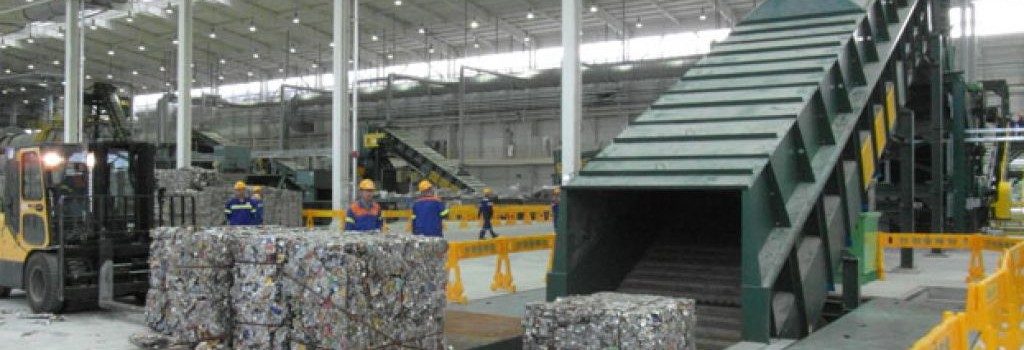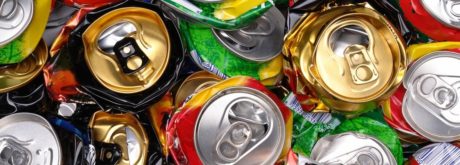
Aluminum recycling is intertwined with the implementation of the metal industry in the country. In the 1920s, when the first aluminum utensils production records in the country, the industry used as raw material scrap imported from various countries. In the 1990s, with the start of production of cans in Brazil, metal recycling was intensified, recording increasing volumes.
Today aluminum recycling in Brazil works with very high efficacy rates above the world average, recycling almost all scrap available, according to the Brazilian Aluminum Association.
According to the institution, the ratio between this volume and domestic consumption aluminum indicates a percentage of 35.2%, which is higher than the global mean of 29.9% (base 2011). In 2012, the country has recycled 508,000 tons of aluminum. Of this total, 267,100 tons refer to scrap aluminum beverage cans, which corresponds to 97.9% of total packaging consumed in 2011, a rate that keeps Brazil as world leader since 2001.
The national capital of aluminum recycling is Pindamonhangaba, a city in São Paulo. The title was awarded by Abal in 2003, in recognition of the importance of the city for the activity. At the time, a sculpture made of aluminum was delivered, representing the international symbol metal recycling. The work of the sculptor Hans Goldammer, Santa Catarina based in São Paulo, is 4.5 meters high and is located in the city entrance, on the banks of the Via Dutra (linking São Paulo and Rio de Janeiro).
The history of aluminum recycling in Pindamonhangaba began in the 1970s when Alcan (today Novelis) set up its factory in the city to produce sheets for beverage cans. In 1994, the company began using recycled aluminum in the production of their plates, which stimulated the emergence polo recycling. In 1996, it reached Latasa with your recycling center. In 1997, Recipar (Latasa) came to the city and in 1998 it was the turn of Alcan (today Novelis) there install your recycling center.
Currently the polo Pindamonhangaba brings together two companies – Novelis Recycling and Latasa, which in 2010 acquired the assets of Aleris Recycling – which handle about 70% of the scrap recovered in Brazil.

